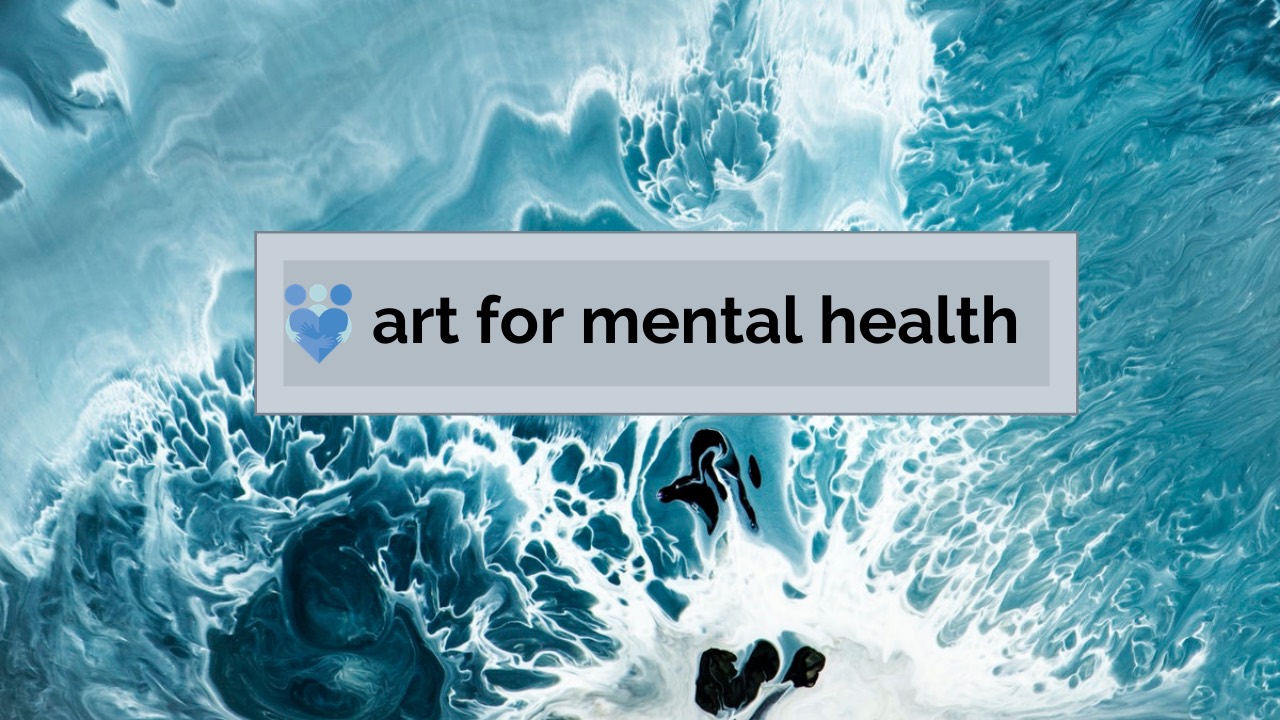Ask the Experts: How Does Therapy Work?
This piece is part of a wider series, Understanding Therapy.
By Ratna Golaknath
Deciding to give therapy a chance can be daunting, you might be worried about trusting someone, anxious that it should not prove to be a waste of time and money and in a vacuum about how and where to find a suitable professional.
Let me start by reminding you that the therapeutic relationship is a safe, confidential and respectful space for you. Therapists are trained to be non-judgemental and non- directive while ensuring empathetic and authentic listening. The process is collaborative and you will determine the pace and the methods in which you wish to share and use therapy.
When writing this post I am assuming that you or someone you know is going through a tough time and would like to consider seeking professional help. I’ve been a therapist for many years and most clients walk in with concerns and trepidation — you are not alone. I have tried to list some of the common concerns below:
1. What will therapy do for me?
Therapy involves you meeting with a trained counsellor or a psychiatrist who is professionally experienced to listen, understand and help you work through your issues. Therapy is often also called ” talk therapy” because it is a method that relies on you sharing your thoughts and concerns. You will find that as you voice your thoughts they start to make more sense. Thoughts get structured when articulated and patterns and connections emerge. Some therapies like Cognitive behaviour Therapy will also involve writing exercises, which further deconstruct our thoughts, feelings and actions.
Making sense of your experiences is one of the key goals of therapy.
2. Do I have to spill all my thoughts in the first meeting?
No. Rest assured, no therapist expects you to come and talk about everything in the first session. The first focus for any good first session should be building trust between you and your therapist. You can tread as slowly or as bravely as you need. We understand that trusting and sharing are a process that takes time. It is the therapist’s responsibility to help you feel in control of how much and at what pace you share. Most therapists use the first session to clarify your needs, to learn more about the process and to broadly develop timelines.
3. How should I prepare myself for my first session?
The first step would be to go in with an open mind. While some people like to outline their questions on paper and to carry key issues they want to discuss, others come with nothing in mind. Both are okay. I would only suggest that you go in with an openness to try out therapy. Sometimes the therapist or the place or even the style of therapy does not gel with a client at the first go, don’t give up. Explore what you didn’t appreciate and then take a chance again. Also remember relationships take time, so give your sessions a chance to convince you of the collaboration.
4. Will therapy make me feel better?
The fact that you are taking a chance and making a choice to feel better is empowering. Therapy is a process through which you will understand your thoughts and feelings better. It will help you understand the way you behave in certain circumstances and the way you cope. In a collaborative manner therapy will help you review your coping strategies, evolve new ones and overcome unhelpful patterns of thought and action.
In the course of unlearning and learning and reconstructing ways of being, you may have good days and bad days. Some sessions may require you to look back and revisit difficult memories and times, this can be hard. However, therapy is about moving on in a more empowered and aware manner into the present and the future. It is about building resilience.
5. How soon will I see changes?
Like I said, therapy is a process. You will determine the pace and the process will create a safe structure around you to ensure that you make changes you want to make. The changes however, will be determined by your will and need to change. Therapists will not force change upon you — they may reflect the need to change and help you articulate the change but you will drive it. Change does not happen overnight and patterns that have been long-standing will shift gradually as insight increases and as you develop new ways of thinking. All therapists are aware of this and you need not feel pressurised to change everything at one go. Having realistic expectations and goals is important for both therapist and client. Therapies like Cognitive Behavioural Therapy (CBT) work on collaboratively evolved timeliness and written objectives that are reviewed time and again.
6.How long will therapy take? Will I be in therapy forever?
Ideally, a therapist and you should be able to evolve a timeline at the end of the second session once you have shared a broad understanding of your needs. Therapies like CBT usually take 12- 15 sessions, while other therapies can be longer. Usually therapy is structured in once a week session for 50 mins. However, the nature of your issues and the level of distress will also determine these decisions.
Therapy is not a lifelong process. For therapy to be effective we need to work with an end in mind. There is sometimes a tendency for some people to conceive of it as a dependency or a long term support. However, it is best to see therapy as a space from where you will evolve to independently managing your life circumstances, needs and goals.
6. Why can’t I just talk to friends/ family?
Therapy is very different from talking to a friend. First and foremost, a therapist is a neutral person, unconnected to your life and without any preconceptions about you or your context. Secondly, remember you are paying for these sessions, this is your time and there is no need to feel guilty or burdened about using this time for yourself.
A therapist is a trained listener, driven by a commitment to understand your perspective and to help you make sense of things. A well trained therapist will make you feel safe and ensure that you are heard empathetically and respectfully. A therapist will through active listening and effective collaboration transfer to you skills of problem solving. As opposed to close friends, therapy is not trying to make you feel better. A therapeutic relationship is directed at building skills, developing insight and encouraging a change that leads to an improved quality of life for you.
7. How do I find a therapist? Where do I start?
Most clients, feel that word of mouth is the most effective way to find a therapist in India. It is also helpful to get a reference through your doctor, or school or through reading blogs by therapists. Sometimes, you might find that websites of therapists or therapy teams, answer your concerns and raise your confidence. Feel free to call up and speak to 3 or 4 potential therapists before you decide. Sometimes, it is easy to get a sense of a person over the phone. You are placing your trust in someone and it is okay to vet them on the phone. At the same time, you are likely to be spoken with by a secretary — it is okay to request a call back from the therapist or request an email address to initiate a conversation. It is very important to find the correct match between a therapist and client and at times, therapists may themselves recommend a suitable professional for you.
So, if you are sitting on the fence deciding whether to take a chance on it, please call a therapist and make an appointment. It can be a hugely positive choice. Good luck!

About the Author
Ratna Golaknath is a trained cognitive behaviour therapist, who has spent about a decade and a half working with Saarthak in the field of mental health in India. Her earlier columns on ‘lost voices’ and child abuse are here and here.
Editor’s Note: You can find a list of psychologists and psychiatrists in India that we are building out, here
More pieces from our Understanding Therapy series: Is Therapy for Everyone, Your Stories: Dialogue With A Therapist






Pingback: Emotional Abuse: Move Past Commentary to Compassion
Pingback: We Need to Talk: The Anna Chandy Interview
Pingback: Workplace Stress and the Need for Me Time
Pingback: Ask the Experts: Learning to be Kind to Yourself When You’re Low
Pingback: Life Beyond Trauma: A Therapy Guide